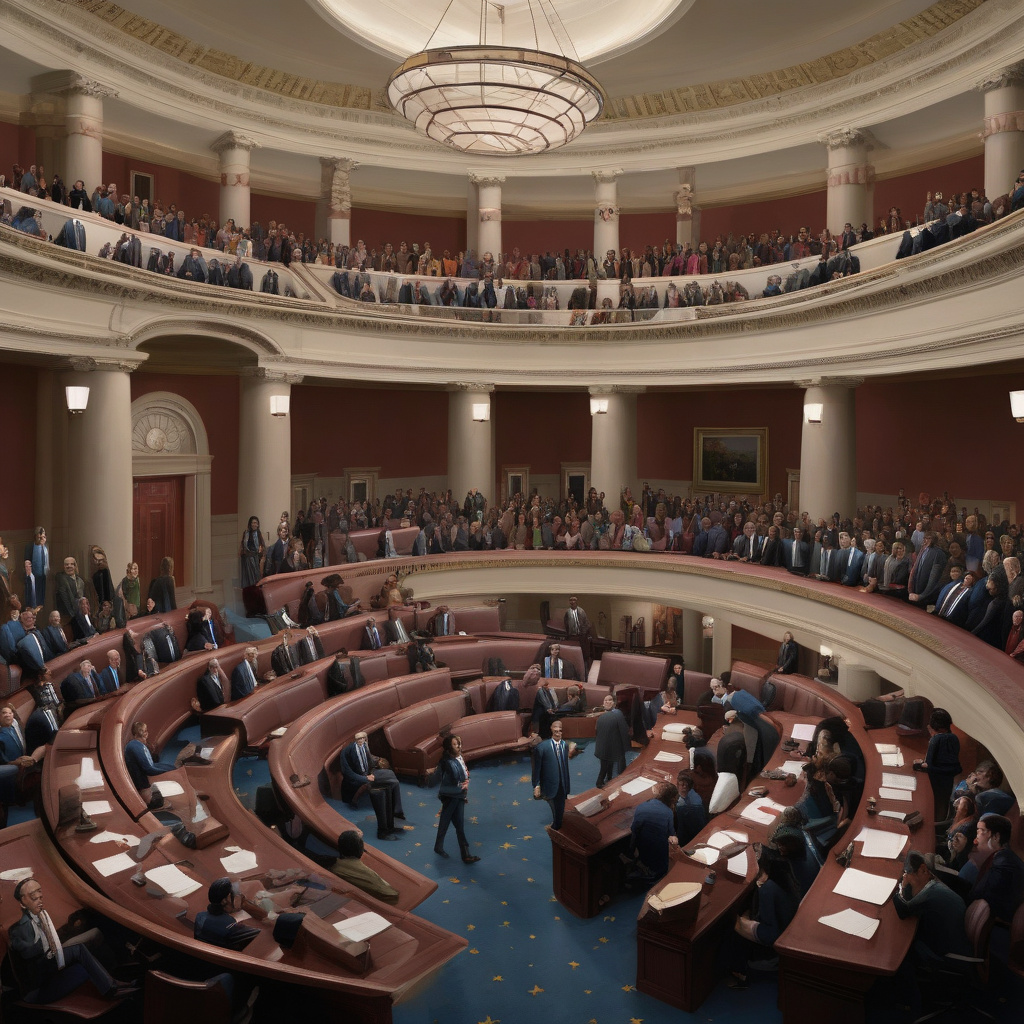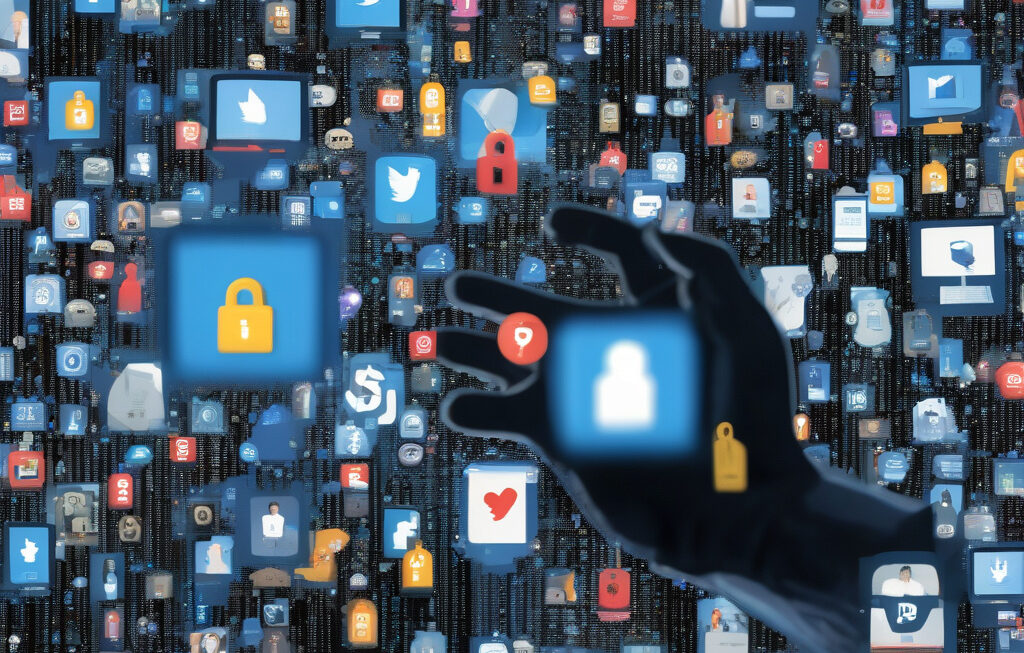Deepfake Victims Gain New Rights with House-Approved Bill
In the age of rapidly advancing technology, the rise of deepfake videos has posed a significant threat to individuals’ privacy and security. These digitally manipulated videos, often used to superimpose individuals’ faces onto explicit content, have become a growing concern for many, especially victims of non-consensual sexual content. However, a recent development in the form of a House-approved bill is set to change the landscape for deepfake victims, granting them new rights and protections in the digital realm.
One of the key provisions of the bill mandates that social media sites must remove non-consensual sexual content when notified by victims, rather than leaving it accessible for potentially millions of viewers. This crucial step marks a significant shift in accountability and responsibility for platforms that host such harmful material. By requiring prompt removal of deepfake videos upon victims’ requests, the bill aims to mitigate the lasting damage and trauma inflicted upon individuals whose likeness has been exploited without consent.
The implications of this legislative action are far-reaching, signaling a pivotal moment in the fight against online harassment and digital abuse. For too long, victims of deepfake videos have been left without recourse, forced to endure the repercussions of having their identities misused and violated. With the new rights afforded by the House-approved bill, these individuals now have a powerful tool to reclaim agency over their own image and protect themselves from further harm.
Moreover, the bill sets a crucial precedent for the broader conversation around online content moderation and platform accountability. By holding social media sites responsible for promptly removing deepfake videos, lawmakers are sending a clear message that the dissemination of non-consensual sexual content will not be tolerated. This proactive stance not only safeguards victims but also serves as a deterrent to those who seek to engage in malicious activities online.
It is important to note that while the House-approved bill represents a significant step forward in addressing the harms of deepfake videos, more work remains to be done. Efforts to raise awareness about the prevalence of deepfakes, educate the public on how to identify them, and provide support for victims must continue in tandem with legislative measures. By adopting a comprehensive approach that combines legal protections with proactive prevention strategies, society can better safeguard individuals from the insidious threats posed by digital manipulation.
In conclusion, the House-approved bill granting new rights to deepfake victims marks a watershed moment in the ongoing battle to protect individual privacy and security in the digital age. By requiring social media sites to promptly remove non-consensual sexual content, lawmakers are taking a critical step towards empowering victims and holding platforms accountable for the content they host. As we look towards a future where technology continues to evolve rapidly, it is essential that we adapt our laws and practices to safeguard the well-being of all individuals in the online sphere.
deepfake, victims, House-approved bill, online privacy, digital security












